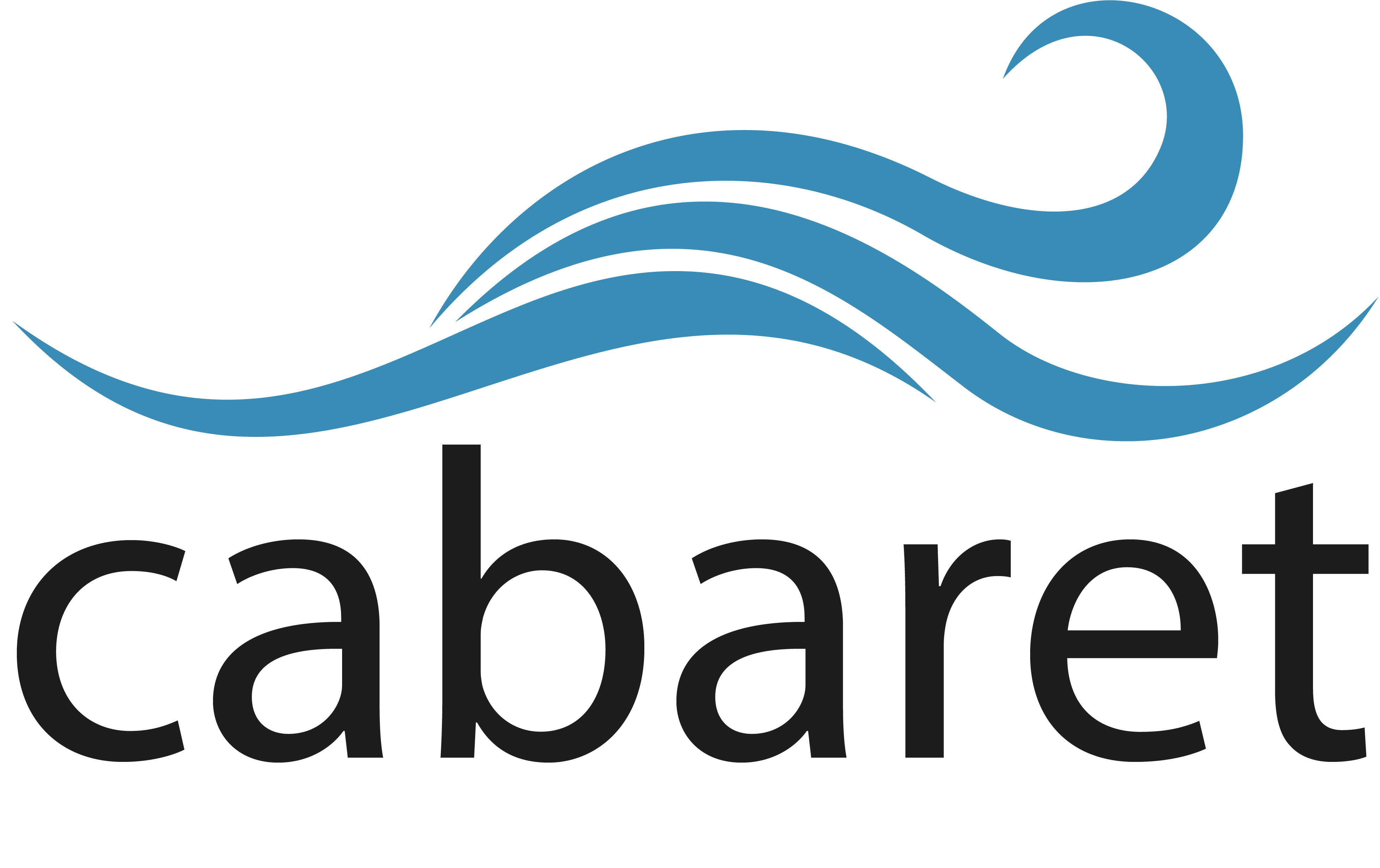News
An important part of the agenda for the meeting in Kandy, Sri Lanka was research sandpit activities. These were part of the innovation hub (WP4) for the project. They had a highly multidisciplinary mix of participants to drive lateral thinking and radical approaches to address major regional challenges in multi-hazard early warning, whether they be related to policy, research or education. The sandpits were intensive discussion forums where free thinking was encouraged to delve into the problems on the agenda to uncover innovative solutions. Each sandpit was proposed and led by a nominated representative from the partnership who defined the topic and facilitated discussions at the event.
For the Kandy meeting, several sandpit events were held in parallel. Participants could choose which sandpit was of most interest to them:
1. Enhancing disaster resilience education in Asia
2. Gaps in Evacuation Planning for Coastal communities – Case Studies in Myanmar, Sri Lanka & Philippines
3. Multi-hazard interface: Legal and institutional framework; further exploring the definition of downstream in the contact of multi hazard early warning systems 4. Disaster and Climate Change Resilience in Small States Islands & Archipelagic States & Remote Coastal Regions
5. Public private partnerships - PPP Initiatives To improve Coastal resilience in Harbour projects
6. Local government and risk mapping: how HEIs can contribute to enhancing the capacity of local government in conducting risk assessment at the local level.
CABARET team celebrate International Women’s Day on the 8th March at the 1st CABARET capacity building workshop on multi-hazard early warning and coastal resilience, in Kandy, Sri Lanka, hosted by the University of Peradeniya
An interactive workshop explored the socio-cultural complexities that occur at the interface between upstream and downstream mechanisms of the tsunami early warning system. The workshop considered: 1. How the early warning interface can be defined? 2. Who are the key actors involved in issuing the warning, conveying the warning and order for evacuation (understanding the current status)? 3. What are the decision making structures involved in issuing the warning, conveying the warning and order for evacuation (understanding the current status)? 4. What are the complexities, strengths and shortcomings of the process? 5. How to overcome the shortcomings and strengthen the interface mechanism?
The CABARET partners considered the issues in respect of the five asian countries represented at the workshop: Indonesia, Maldives, Myanmar, Philippines, Sri Lanka, with each country reporting to the wider group on their findings. The results will inform a larger, Ocean wide study of the issues, and feedback to capacity building plans for the Indian Ocean Early Warning and Mitigation System (IOTWMS), to be reported at the Intergovernmental Coordination Group of IOTWMS event in Hyderabad, India during mid-2018.


